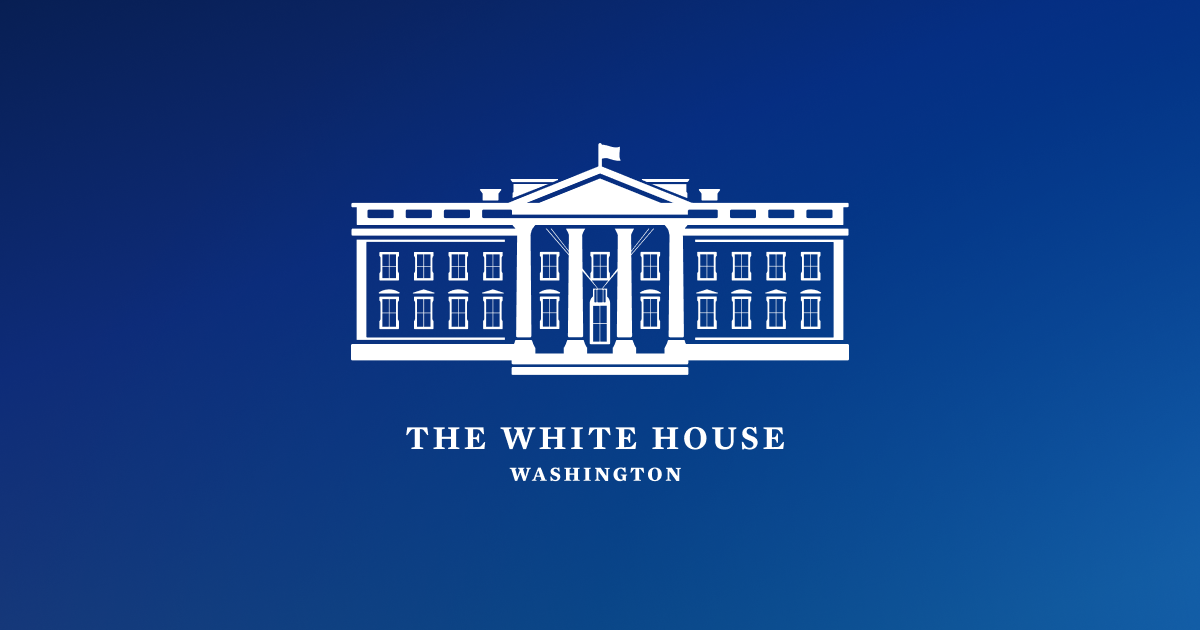Biden-Harris Administration Announces New Actions to Boost Housing Supply
The Biden-Harris Administration is taking new steps to address the housing crisis by making it easier and cheaper to build more homes. The administration believes that increasing housing supply is crucial to lower housing costs for Americans.
Here are the key actions announced today:
1. Funding to Remove Barriers to Affordable Housing:
The Department of Housing and Urban Development (HUD) is allocating $100 million through the Pathways to Removing Obstacles to Housing (PRO Housing) program.
This program will provide grants to communities to identify and eliminate barriers to affordable housing production and preservation.
Grantees can use the funding to develop housing policy plans, enhance housing strategies, and facilitate the creation and preservation of affordable housing.
2. Increased Predictability for Housing Development Financing:
The Department of the Treasury and HUD are improving the Federal Financing Bank (FFB) Multifamily Risk Sharing Program.
This program helps state and local housing finance agencies access low-cost financing for housing projects.
The changes will enhance interest rate predictability for these agencies, particularly for new construction projects, making more housing developments financially viable.
3. Streamlining Transit-Oriented Development Projects:
The U.S. Department of Transportation (DOT) is issuing new guidance to simplify and clarify requirements for DOT loans used for residential development near transit.
This includes commercial-to-residential conversions.
The new guidance clarifies that TIFIA and RRIF loans used for conversion projects may be eligible for a categorical exclusion under NEPA, potentially saving time and money.
4. Accelerating Historic Preservation Reviews for Federal Housing Projects:
The Advisory Council on Historic Preservation (ACHP) is proposing a new tool to speed up historic preservation reviews for federally-funded housing projects.
This would exempt several activities, like interior repairs and rooftop solar panel installations, from detailed review, reducing development costs.
5. Challenging Communities to Utilize Section 108 Loans:
HUD is launching a Legacy Challenge encouraging communities to leverage low-cost, low-interest loans for transformative housing investments.
Up to $250 million in loan financing will be available through the Section 108 Loan Guarantee Program.
This financing can be used for adaptive reuse, commercial-to-residential conversions, housing rehabilitation, and infrastructure improvements.
6. Expanding the HUD Code to Include More Housing Types:
HUD intends to finalize a rule updating the Manufactured Home Construction and Safety Standards.
The new rule would allow duplexes, triplexes, and fourplexes to be built under the HUD Code for the first time, expanding the benefits of manufactured housing to denser urban and suburban areas.
7. Expediting Housing Permitting:
The Council of Economic Advisers recognizes the importance of streamlining permitting processes at the state and local level.
Permitting requirements contribute to the housing shortage, so reforms to accelerate these processes can lead to more affordable housing.
These actions build upon the Biden-Harris Administration's Housing Supply Action Plan, which has already taken many steps to boost housing supply, including:
Simplifying the use of American Rescue Plan funds for housing projects.
Improving federal housing programs like the Low Income Housing Tax Credit and HOME Investment Partnerships Program.
Making it easier to repurpose federal land for affordable housing.
Promoting the conversion of underutilized commercial property into housing.
Investing billions of dollars in energy efficiency and climate resilience for housing through the Inflation Reduction Act.
The administration is committed to using all available tools to address the housing crisis and build a more equitable and affordable housing future for all Americans.
FACT SHEET: Biden-Harris Administration Takes New Actions to Lower Housing Costs by Cutting Red Tape to Build More Housing
Actions include reforms to save developers time and money on federal projects and funds to encourage state and local governments to reduce barriers to

